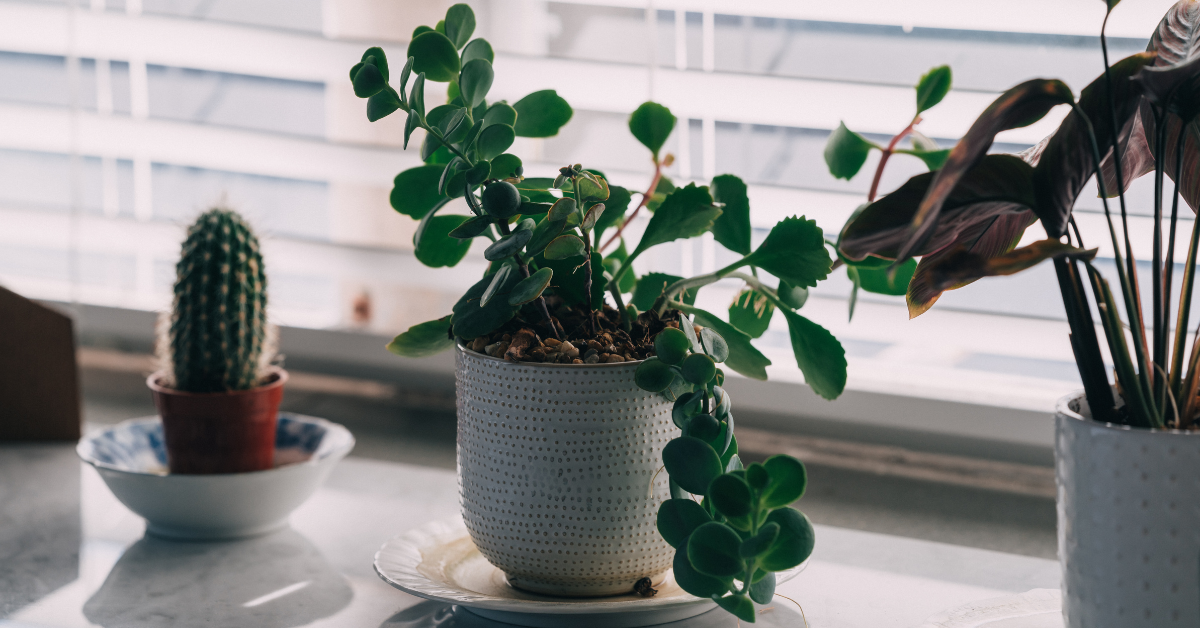At Midwife360, we believe in helping you make informed choices about your body and birth control. One option we often recommend is the IUD, or intrauterine device. It is small, simple, and very effective at preventing pregnancy. If you want birth control that works well without daily effort, an intrauterine device might be a great choice.
Intrauterine Device Basics
An IUD, also known as an intrauterine device, is a tiny T-shaped piece of plastic that goes inside your uterus. A provider places it during a quick visit. Once it is in, it prevents pregnancy for several years without needing to be changed often.
There are two types of intrauterine devices
- Hormonal IUDs release a small amount of hormone that thickens the cervical mucus and may stop ovulation.
- Copper IUDs use copper to stop sperm from working properly and contain no hormones.
Both types are over 99 percent effective. That means fewer than one out of 100 people using them will get pregnant each year.
How An Intrauterine Device Works
An intrauterine device stops sperm from reaching the egg. Hormonal options thicken the mucus in your cervix, making it hard for sperm to get through. Sometimes they also stop your body from releasing an egg. Copper intrauterine devices release copper that makes it hard for sperm to survive or move.
Both types start working quickly, though your provider might suggest using backup protection like condoms for a few days just to be safe.
Hormonal IUDs
Hormonal IUDs release a hormone called progestin. Here are the main types
- Mirena works for up to 8 years. Many users have lighter periods or no period at all over time.
- Kyleena works for up to 5 years. It is smaller and has a lower dose of hormones.
- Liletta is similar to Mirena and also lasts up to 8 years. It is made to be more affordable.
- Skyla lasts up to 3 years. It is the smallest and often a good fit for people who have not had children.
Hormonal intrauterine devices can help reduce cramps and heavy bleeding. Some people stop getting their periods while using them.
The Copper IUD
The copper intrauterine device is called Paragard. It does not contain hormones and works for up to 12 years. It is a good option if you do not want to use hormones or if you cannot use them for medical reasons.
With Paragard, periods may be heavier or crampier at first. These changes often improve after a few months.
How Effective Are Intrauterine Devices?
IUDs are one of the most effective birth control methods. They are about as effective as having your tubes tied, but can be removed if you want to get pregnant later. Because they do not rely on daily use, they work the same in studies and in real life.
Pregnancy with an IUD is very rare, but if it happens, it may increase the chance of an ectopic pregnancy. Always call your provider if you think you might be pregnant while using an intrauterine device.
Benefits of IUDs
- Long-term protection for 3 to 12 years, depending on the type
- You can have it removed at any time if you want to get pregnant
- No pills or patches to remember
- Often covered by insurance or available through help programs
- Hormonal options can make periods lighter or stop them
- Copper versions can be used as emergency birth control
Possible Side Effects
Some people notice changes after getting an intrauterine device. These usually go away within a few months.
- Hormonal IUDs may cause spotting, mood changes, or acne
- Copper IUDs may cause heavier periods or stronger cramps at first
Rare but serious side effects can include the intrauterine device falling out, poking through the uterus, or a short-term risk of infection after insertion. These are not common, but it is important to be aware.
Insertion and Removal
Getting an intrauterine device placed is quick. It only takes a few minutes. Some people feel cramps, and others feel almost nothing. Taking ibuprofen before the visit can help with any discomfort.
You can go back to your usual activities the same day. Some people prefer to rest if they feel crampy.
Removing an IUD is even faster and usually does not hurt much. Your provider pulls it out gently, and you can get pregnant soon after if you choose.
Adjusting to Life With an IUD
Once your device is in place, you usually do not need to do much. You may want to check the strings with clean fingers once in a while to be sure it is still there. If you cannot feel the strings or if they seem different, call your provider.
Partners usually cannot feel the device during sex. If they do notice the strings, your provider can trim them.
Your periods may change. Hormonal IUDs usually make them lighter or stop them. Copper IUDs may make them heavier at first.
Remember, intrauterine devices do not protect against sexually transmitted infections. Using condoms is still a good idea if you have new or multiple partners.
IUDs as Emergency Birth Control
The copper option is the most effective form of emergency contraception. If it is placed within five days of unprotected sex, it can prevent pregnancy. It will also keep working for years after that.
Is an IUD Right for You?
An intrauterine device might be a good choice if you
- Want long-term birth control
- Want an option you do not have to think about every day
- Prefer not to use hormones or want lighter periods
- Are done having kids for now, but might want more in the future
- Want something safe while breastfeeding
It might not be the best fit if you
- Have certain health issues or infections
- Have unexplained bleeding
- Are not comfortable with a device inside your body
At Midwife360, we help you look at your whole health and guide you toward the best choice for your body and your lifestyle.
IUDs at Midwife360
IUDs are a safe and powerful way to prevent pregnancy. They last for years, are easy to use, and can be removed anytime. Whether you want lighter periods, no hormones, or just peace of mind, an IUD might be right for you.
If you are curious about trying an IUD or want to learn more, schedule a visit with us. We are here to support you every step of the way.





